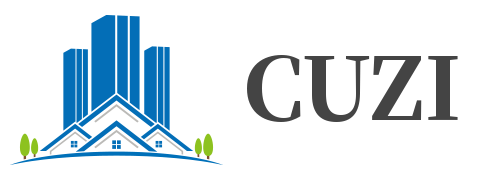Environmental protection and sustainable development is one of the most important issues facing the world today. In the context of increasingly severe global climate change, all walks of life are actively exploring the path of environmental protection and sustainable development. As an important material supplier in the field of construction and home furnishing, the panel industry is also constantly pursuing environmental protection trends and sustainable development.
Environmental Trends
Renewability of board materials: In the board production process, more and more companies have begun to use renewable materials, such as bamboo stalks and hemp stalks. These materials are not only highly renewable, but also absorb carbon dioxide as they grow, reducing greenhouse gas emissions.
Energy saving and emission reduction: Energy consumption in the process of panel production is an important aspect of environmental protection. Enterprises are seeking to adopt more efficient and energy-saving production processes to reduce energy waste and pollution emissions.
Waste Recycling: The production of panels generates a large amount of waste, including waste wood and wastewater. Companies are working hard to develop waste recycling technologies to reuse them and reduce the consumption of natural resources.
Direction of sustainable development
R&D and innovation: The sheet metal industry needs continuous R&D and innovation to launch more environmentally friendly and sustainable products. For example, the development of panels using bio-based materials to reduce dependence on fossil fuels; the development of more durable panels to extend the service life and reduce resource waste.
Increased recycling rates: The recycling rate of panels is key to sustainable development. Easier recycling and reuse of scrap panels through improved panel design and dismantling.
Promote industry cooperation: The board industry needs to strengthen cooperation inside and outside the industry to jointly promote environmental protection and sustainable development. For example, working with architectural designers, furniture manufacturers, etc. to jointly develop environmentally friendly building and home solutions.
Raise consumer awareness: Consumer awareness and demand for environmental protection is an important force driving sustainable development. Sheet metal companies can raise consumers’ awareness of environmental protection products and sustainable development through publicity and education activities, and advocate green consumption.
Water resource management: A large amount of water resources are needed in the production process of panels, and the rational use and management of water is crucial to environmental protection and sustainable development. Enterprises should take water-saving measures to reduce water consumption, invest in water treatment technology, and ensure that wastewater discharge meets environmental protection standards.
Carbon footprint control: Carbon footprint refers to the amount of greenhouse gases emitted by a unit of product or enterprise during production and transportation. Sheet metal companies can reduce carbon emissions and reduce their impact on climate change by optimizing production processes, using clean energy, and improving logistics management.
Social Responsibility: The panel industry should actively undertake social responsibilities and pay attention to employee welfare, labor safety and environmental protection. Enterprises can establish a sound social responsibility system, implement green procurement and supply chain management, and ensure that all links in the supply chain meet the requirements of environmental protection and sustainable development.
Educational publicity: Educational publicity is an important means to promote environmental protection and sustainable development. Sheet metal companies can strengthen employee training and improve employees’ environmental awareness and skills. At the same time, by organizing environmental protection activities, publishing environmental protection knowledge and cases, etc., popularize the concept of environmental protection to the general public and guide them to actively participate in sustainable development.
Circular economy model: Circular economy is one of the important paths to achieve sustainable development. The board industry can promote the implementation of the circular economy model, such as establishing a recycling system for waste boards, converting waste boards into new products or energy, and maximizing resource utilization.
The environmental protection trend and sustainable development direction of the board industry include the use of renewable materials, energy saving and emission reduction, waste recycling, etc. At the same time, the panel industry has ushered in new opportunities for development through measures such as R&D innovation, improvement of recovery rate, industry cooperation, and improvement of consumer awareness.

